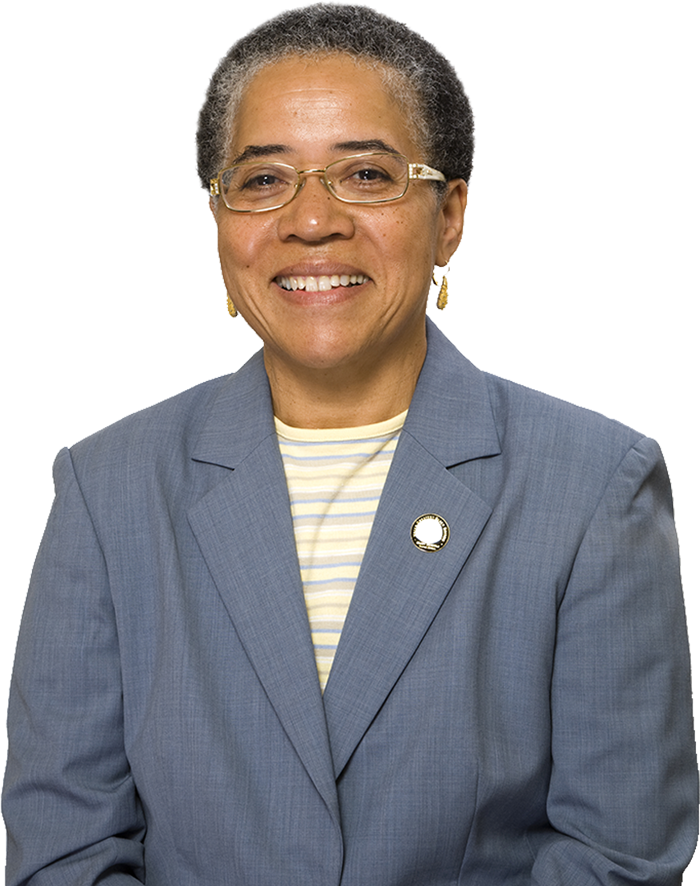Q&A with Dame Elizabeth Anionwu

Professor Dame Elizabeth Nneka Anionwu is Emeritus Professor of Nursing at the University of West London and Life Patron of the Mary Seacole Trust.
As the first sickle cell nurse in the UK, Dame Elizabeth Anionwu is credited with blazing a trail in the treatment of the disease.
Ahead of her keynote address at the Skills for Health’s Our Health Heroes Awards on 16 April, Dame Elizabeth spoke about her contributions to the world of healthcare and why it’s important to recognise and celebrate those of the wider healthcare workforce.
Dame Elizabeth, you’ve had a long and successful career in healthcare, as a clinician, academic and advocate for the treatment of sickle cell disease and thalassaemia. What attracted you to a career in healthcare in the first place?
I was in a children’s home for the first nine years of my life, and I’d always suffered with eczema as a child.
I received excellent care from a nun, a nursing nun, who was the only person that could change my dressings without hurting me. She also had a huge sense of humour and she used to use words like ‘bottom’ in a very religious environment, which as a child made me burst out laughing.
I sensed that this was a kind, caring woman who wanted to avoid hurting me. And then I discovered she was something called a nurse and I thought, nurse, I like the idea of that.
That’s when I decided I wanted to be a nurse and I never changed my mind at all.
I started as a school nurse assistant when I was 16, working in what was then called a residential school for delicate children. It was run in collaboration between the NHS and the local authority for children with conditions like cerebral palsy, asthma and heart conditions.
I went into higher education from working as a sickle cell nurse in the community to the Department of Nursing in a university for the last 10 years of my career.
During that time, I retained links with community nursing, but also with acute nursing by having a clinical link in an NHS Trust on a ward involved with the care of patients with sickle cell disease.
I felt it was very important not to lose touch with the clinical side, so I continued to practice.
You can’t educate students if you are not up to date and involved with care yourself personally.
Looking back on your career, what would you say is your proudest achievement?
My proudest achievement was becoming the very first sickle cell nurse.
Because it was an innovative position, seen as pioneering at the time, I could actually develop quite a lot of it in the way that fitted my ideals of multidisciplinary activity.
I’ve always enjoyed working in a multidisciplinary context and very much in alignment with patients and their families.
I worked in that post for 10 years and it really was the most enjoyable period of my career.
And what’s the legacy of that work in the NHS today, do you think?
There are many, many more sickle cell nurse practitioners, so that’s very good to see.
The value of the nursing contribution, both in the community and in the acute sector, has grown, and that that really wasn’t the case when I first started.
Up until a couple of decades ago probably, sickle cell was very marginalised and quite neglected in terms of its status, if you like, within the hierarchy of illnesses.
That has changed. There’s still work to be done, of course, but I’m delighted that nurses have played their role along with other professionals and families to ensure that the disease is fully understood, and treatment is available across the country.
I’m one of the patrons of The Sickle Cell Society, the national charity, so I am constantly aware that there are still areas that need to be improved, where there’s been, sadly, for example, a couple of deaths that shouldn’t have happened.
I mean, that’s the worst that can happen. They’ve all been taken seriously. They’ve all been investigated. When that happens, thankfully, it’s rare, but it jolts you to realise there’s still work to be done.
For example, nurses need much more education and that is now happening as a result of one of the tragedies. So, you’re never complacent, but you do recognise where improvements have definitely been made. I mean, the prognosis, the life expectancy for individuals with the condition has improved tremendously.
That in itself is a massive step forward.
The Our Health Heroes Awards celebrates the healthcare roles that are often hidden from view. Why do you think it’s important to celebrate this part of the workforce in particular?
Oh, I think it’s vital.
Without them, quality care for patients simply couldn’t happen.
If porters could not take a patient from the accident and emergency department to the ward or if the cleaners are not able to do their work properly the whole system fails.
Following the pandemic, it is even more vital that we say thank you and take time to appreciate the workforce.
They’re not looking for appreciation, but when they’ve had to struggle it not only affects them personally, but their families and their colleagues.
That’s why a celebration is needed – there are some amazing people working in the NHS and we need to let them know that they are appreciated.
Finally, what’s your message to the Our Health Heroes finalists?
First of all, good luck to everybody!
You have all done amazingly in being nominated for the awards, and I cannot wait to see you on 16 April to thank you personally for your contribution to our NHS.
Dame Elizabeth’s memoirs ‘Dreams From My Mother’ were published in 2021 and are available in paperback, Kindle and audiobook editions.